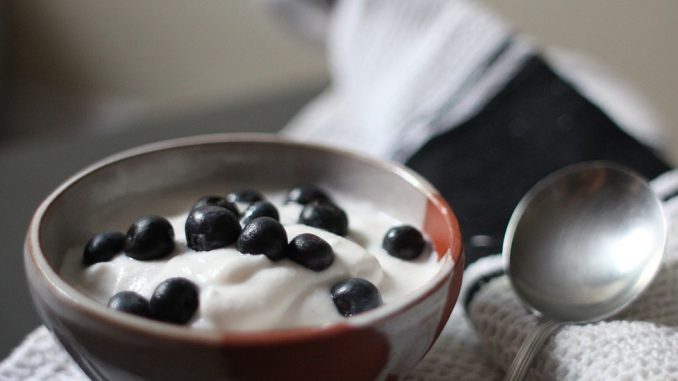 All of us have thousands and thousands of other organisms within us and without them we would not survive. These friendly creatures, primarily bacteria, inhabit almost every external surface of our bodies as well as our gastrointestinal tracts. And they help protect us from getting infected by dangerous microbes and even in things like digestion. The amazing thing about our community of microorganisms is that each of ours is different and the diversity plays a role in our everyday wellness and health.
All of us have thousands and thousands of other organisms within us and without them we would not survive. These friendly creatures, primarily bacteria, inhabit almost every external surface of our bodies as well as our gastrointestinal tracts. And they help protect us from getting infected by dangerous microbes and even in things like digestion. The amazing thing about our community of microorganisms is that each of ours is different and the diversity plays a role in our everyday wellness and health.
Everything that you eat or drink has the potential to alter your microflora. A new study led by a geneticist and published in Science dives deeper into this phenomenon. The study looked at a sample size of 1,100 residents in northern Netherlands who are part of the LifeLines program. The participants were healthy, differentiating the study from previous research in the space. The researchers looked very in depth at the bacteria cultured from these people and did extensive DNA analysis of those bacteria to characterize each individual microbiome. One of the things that they realized was that that are many different foods that can impact your gut bacteria.
People who ate more yogurt and buttermilk tended to have greater diversity of gut bacteria. This makes sense given the prevailing literature supporting the use of probiotics in a number of issues. Surprisingly, this study showed that wine and coffee were both also correlated with increased diversity of the microbiome whereas whole milk and a high calorie diet had the opposite impact. In total, the research found 60 dietary factors that impacted microbial diversity.
Another component of the observational study looks at the impact that different types of medication had on gut flora. They found great evidence of changes caused by the drugs studied. Antacids seemed to reduce diversity as did antibiotics (as expected) and metformin (more surprisingly). Disease is multifactorial and this research produces the interesting hypothesis of microbiome drivers of disease and vice-versa.
This has been an especially hot research area in recent years and now even some drug companies are looking to utilize the microbiome to help patients fight disease. As we dive deeper in this very important but still very mysterious arena from a research perspective, we are bound to continue to shift the landscape as we better fit our models of disease to the facts that we understand. One thing seems to be clear despite anything else- that is that our microbiome has been a long underrated component of our internal ecosystem and that it plays a very important role in making sure that we function as we are supposed to. The key takeaway here is that you should take care of your microbiome by eating foods that help it thrive and maintain a certain level of diversity so as to thwart pathogenic bacteria growth which may lead to disease or impact the immune system adversely. On the other side, you should also avoid certain foods which may deplete the diversity you have already been able to cultivate.
Image credit: pelambung
